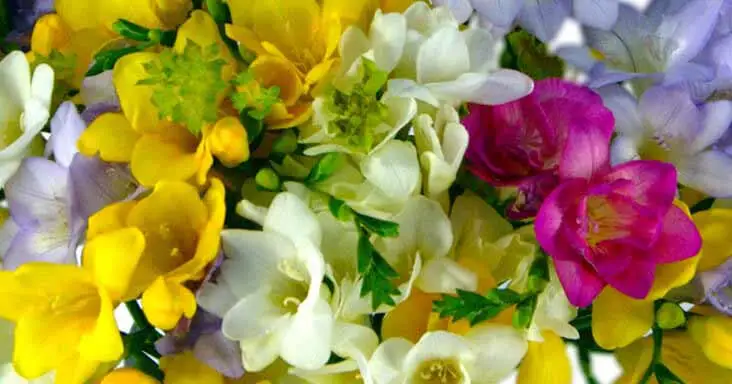Avalanche Lilies could provide valuable insight into the way that species are affected by the artificial increases in temperature which humanity is creating through global warming.
University of Washington researcher Elinore Theobald is researching the lilies, which provide a convenient tool for analysis as they grow at many different altitudes on the sides of mountains. This in effect provides an outdoor laboratory; the different heights at which the flowers grow approximately simulates the effect which a warmer or cooler climate may have upon the flowers’ ability to germinate and set seed.
Theobald has found that lilies at higher elevation set seed at just a third of the rate of those lower down. She posits that the window of opportunity for lilies to pollinate is quite narrow, meaning that they’re very reliant on a pollinator – a bee – being on hand at exactly the right time in order for the flowers to reproduce. Those flowers higher up the mountain have fewer bees, so are less likely to succeed.
And climate change could have a similar effect; as temperature changes, this will affect the timing of snowmelt, meaning that the early-blooming lilies may bloom yet earlier, before any pollinators are around.
"We don't have longterm data," Theobald said. "But we want to understand which plants are most sensitive to climate, and what resources there are for pollinators. We think there may be a link."


